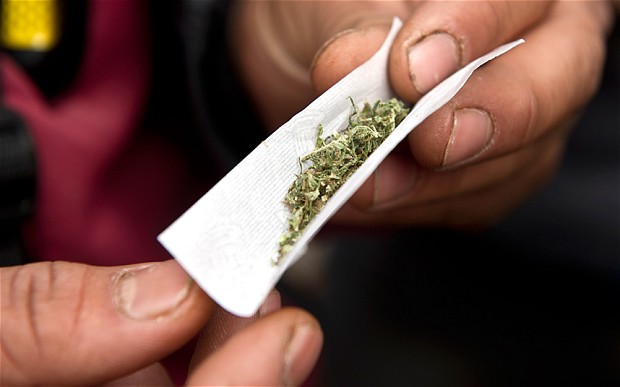Study: Cannabis-consuming college students demonstrate increased motivation in comparison with non-users
Cannabis is a multi-purpose, globally-consumed plant that has been branded with numerous negative claims over the years, from its fast-dissolving “stoner stereotype” image to the already-dispelled “gateway drug” myths.
One particular claim that is commonly thrown around suggests that cannabis causes laziness and a lack of motivation in consumers, but just how true is this claim? Well, according to a recent study from University of Memphis researchers, the truth is actually quite the opposite.
Featured in the journal Experimental and Clinical Psychopharmacology, the new study shows that people who consume cannabis regularly are more likely to experience a spark of motivation, as opposed to a surge of avolition.
About the study into cannabis’ influence on motivation
A total of 47 college students were selected to participate in the study. The study subjects were split into the following two groups:
- Frequent cannabis consumers (25 people)
- Non-users (22 people)
After being recruited for the study, each person was asked to participate in an Effort Expenditure for Rewards Task “EEfRT” — a multi-trial game that requires participants to select one of two task difficulty levels when engaging in certain behavioral assessments.
The University of Memphis researchers noted that previous studies on the subject have “used divergent methodology and have not controlled for key confounding variables.”
However, after amending the variables, this new research effort discovered that “past-month cannabis days and cannabis use disorder symptoms predicted the likelihood of selecting a high-effort trial.”
Cannabis’ influence on motivation: Study results
Contrary to popular belief, regular cannabis consumers actually demonstrate higher levels of motivation as opposed to non-users. Particularly, in comparison with the controlled group, there was a higher chance of frequent cannabis users choosing tasks that signal increased levels of motivation.
“The results provide preliminary evidence suggesting that college students who use cannabis are more likely to expend effort to obtain reward, even after controlling for the magnitude of the reward and the probability of reward receipt,” the study authors wrote. “Thus, these results do not support the amotivational syndrome hypothesis.”
The team went on to say that cannabis-consuming college students are more likely to “select the high-effort choice option, regardless of the reward magnitude, probability, and expected value of the overall reward.”
Conclusion
In summary, the team of researchers determined that – although there was not a major noticeable disparity among cannabis consumption groups – “there was a medium sized effect, lending consistent support for an association between cannabis use and greater high-effort choices.”
The University of Memphis researchers say the study’s findings don’t necessarily suggest that regular cannabis consumers engage in “impairment-free goal-directed behavior.”
To better understand the connection between cannabis and motivational behavior, the team is pushing for further studies to be carried out with larger sample groups.
A separate study mirrored the latest findings. Published June 2021 in the Journal of the International Neuropsychological Society, the study found that adolescent cannabis consumption “did not predict changes in motivation, which suggests that cannabis use may not lead to reductions in motivation over time.”








